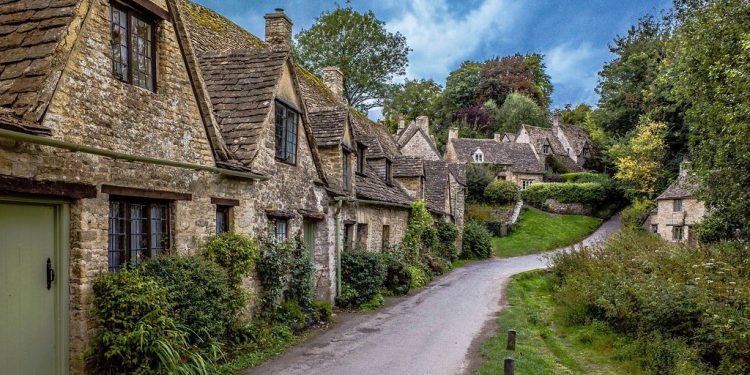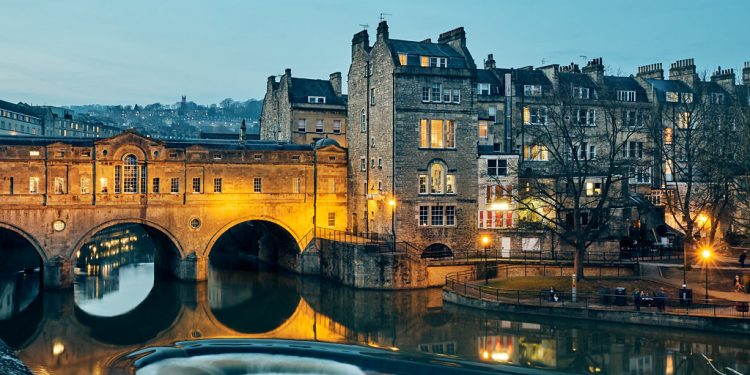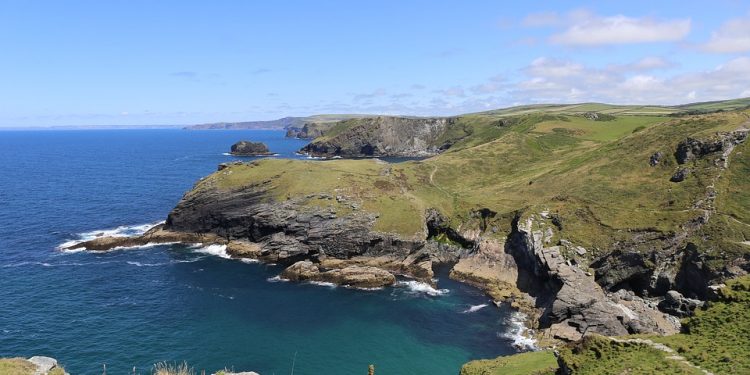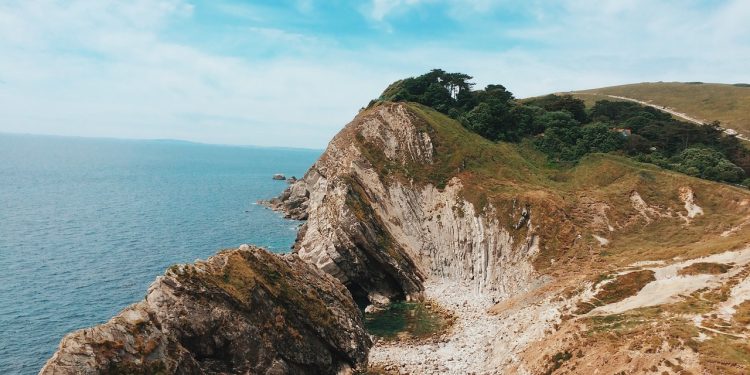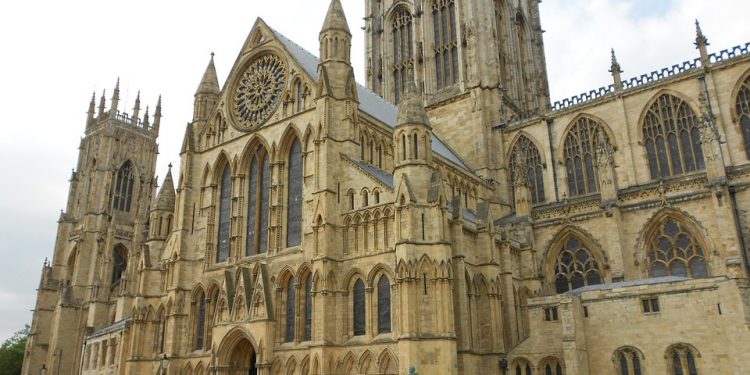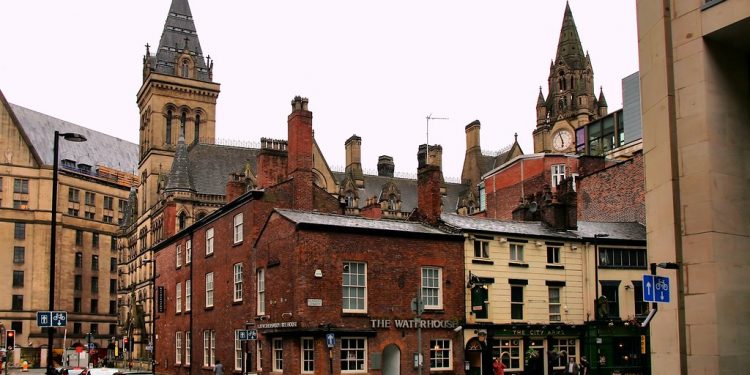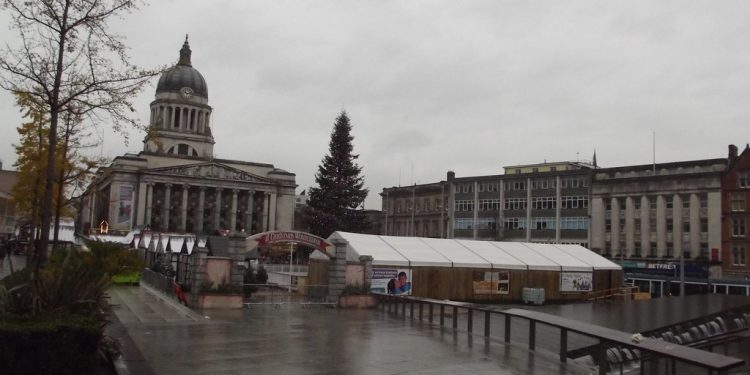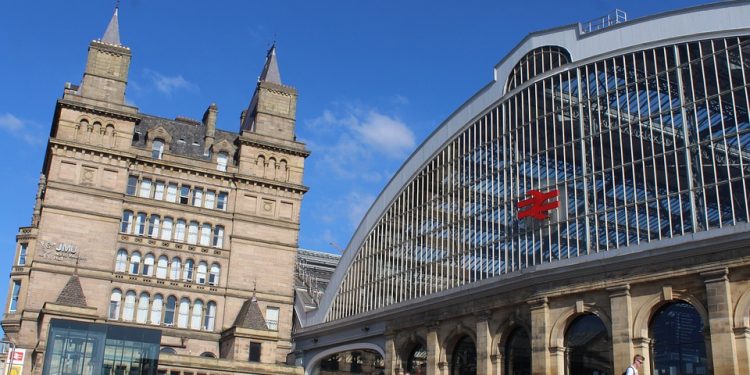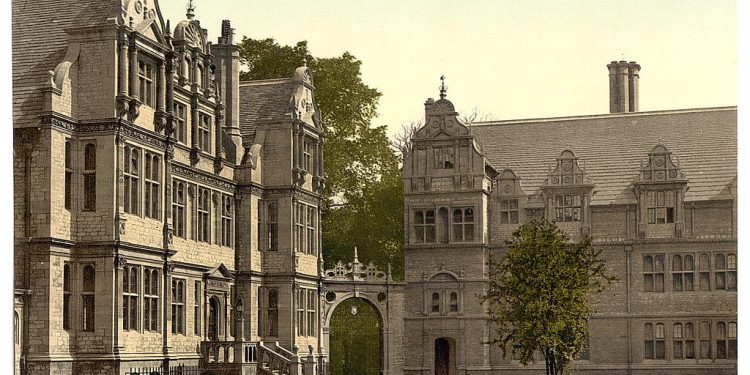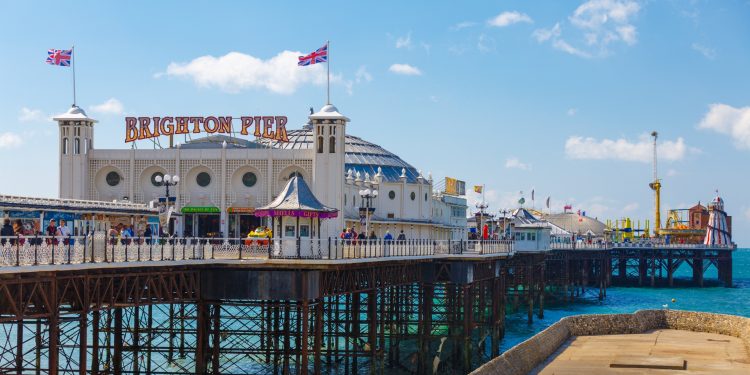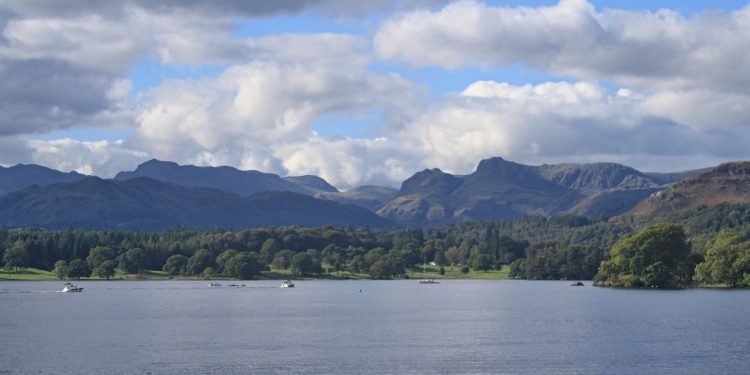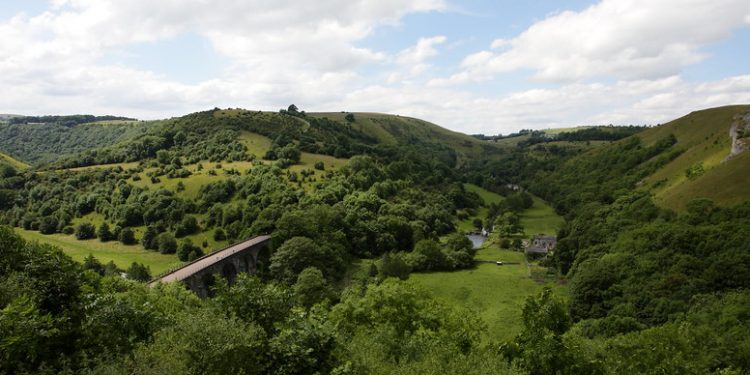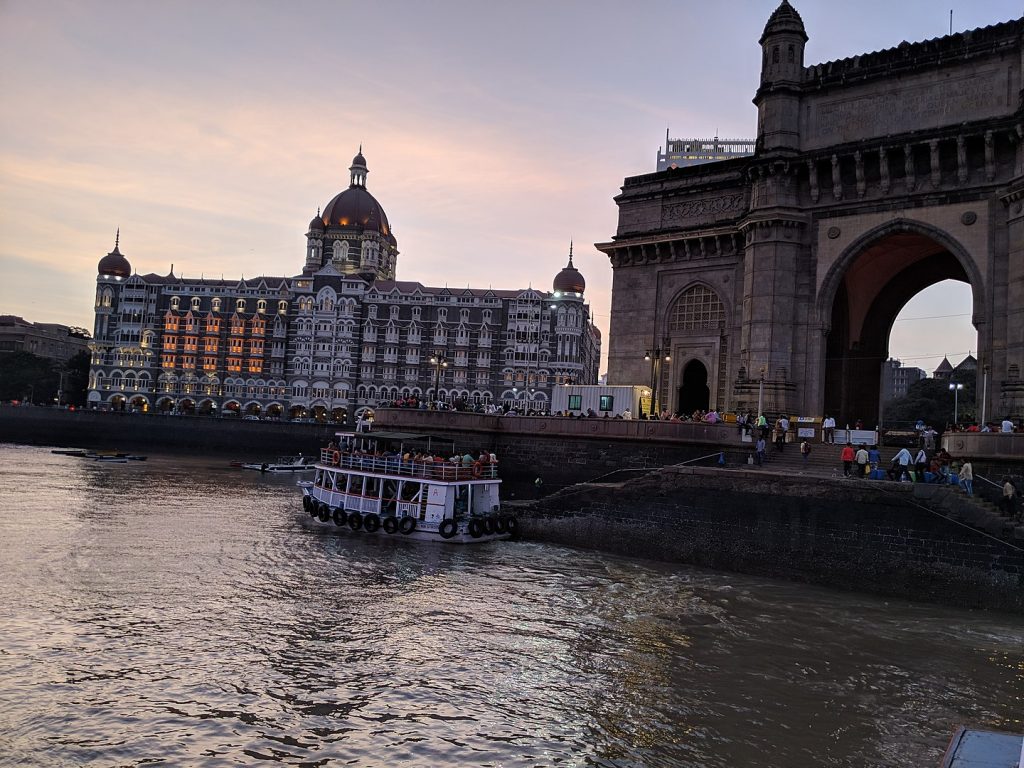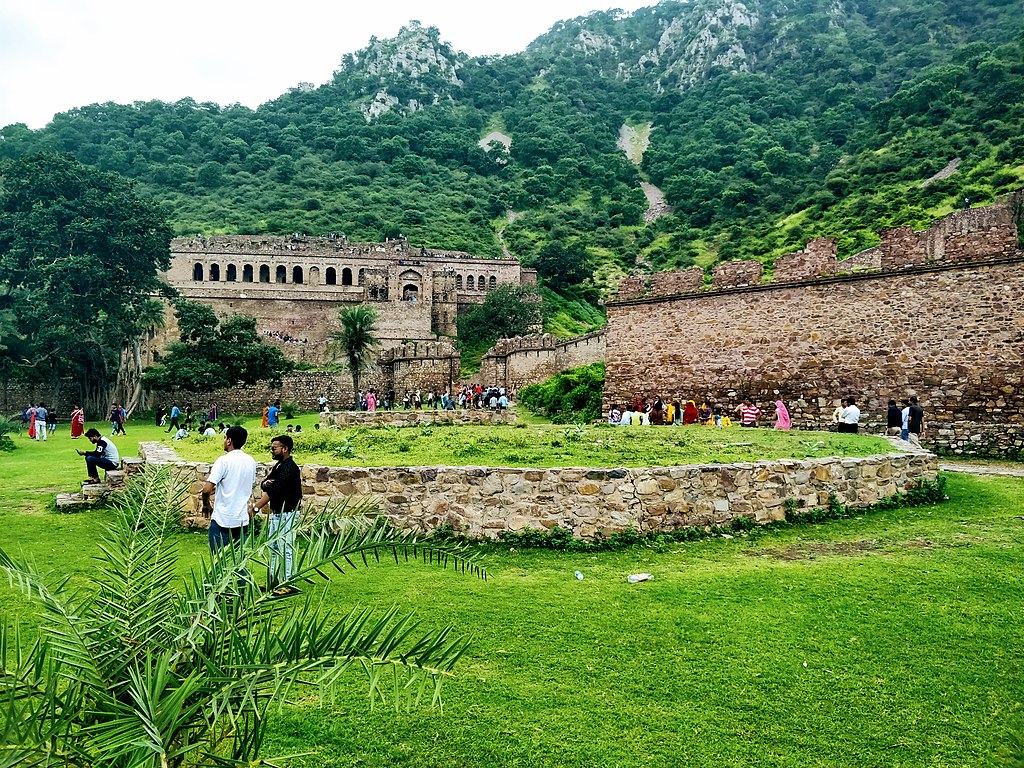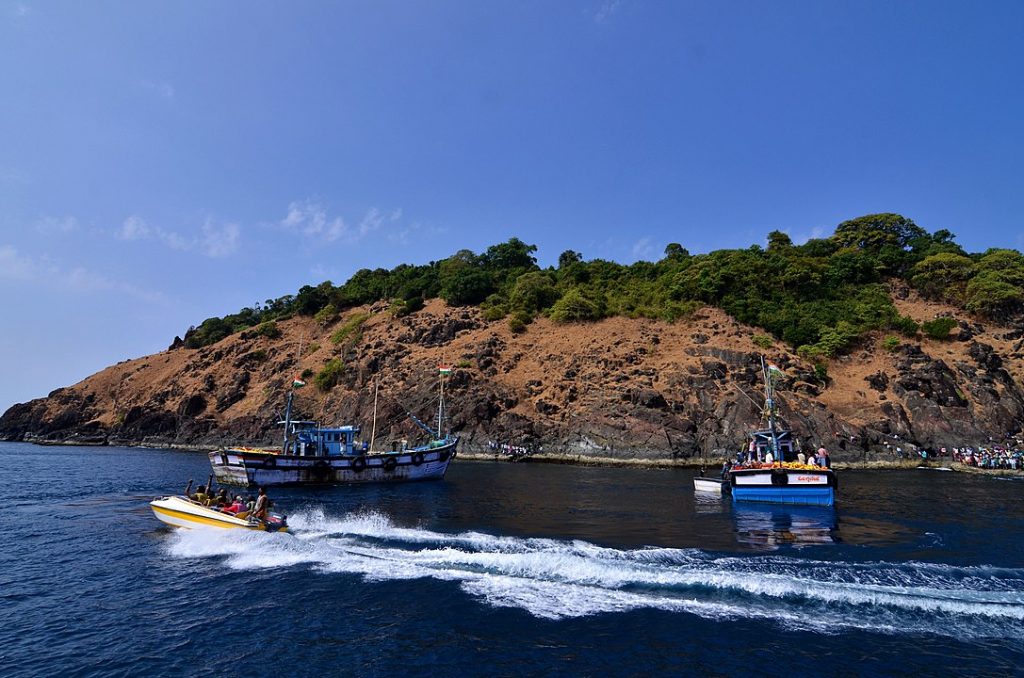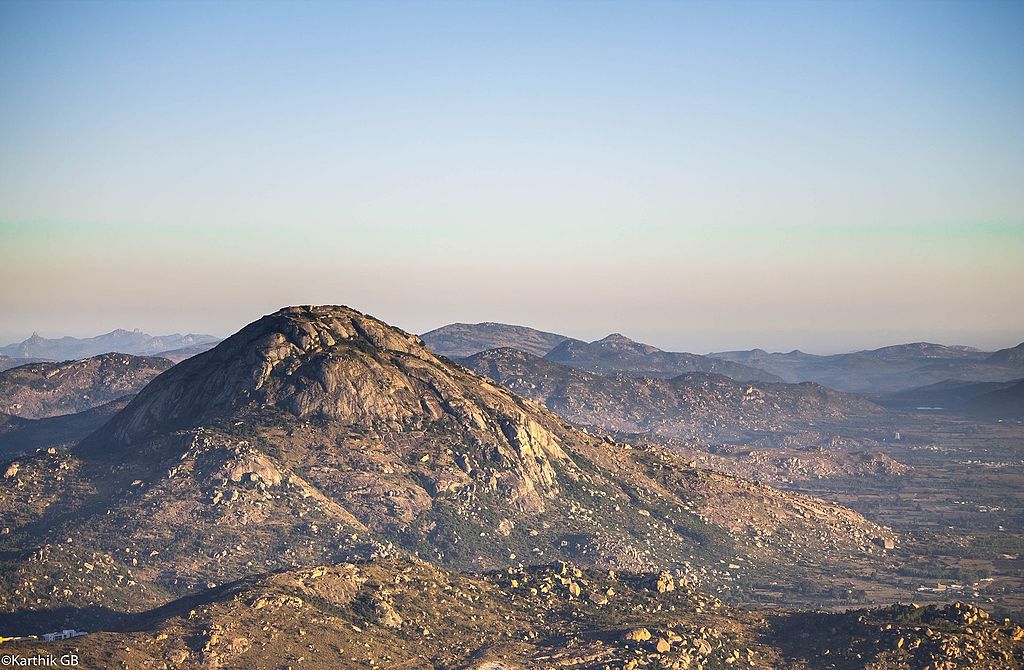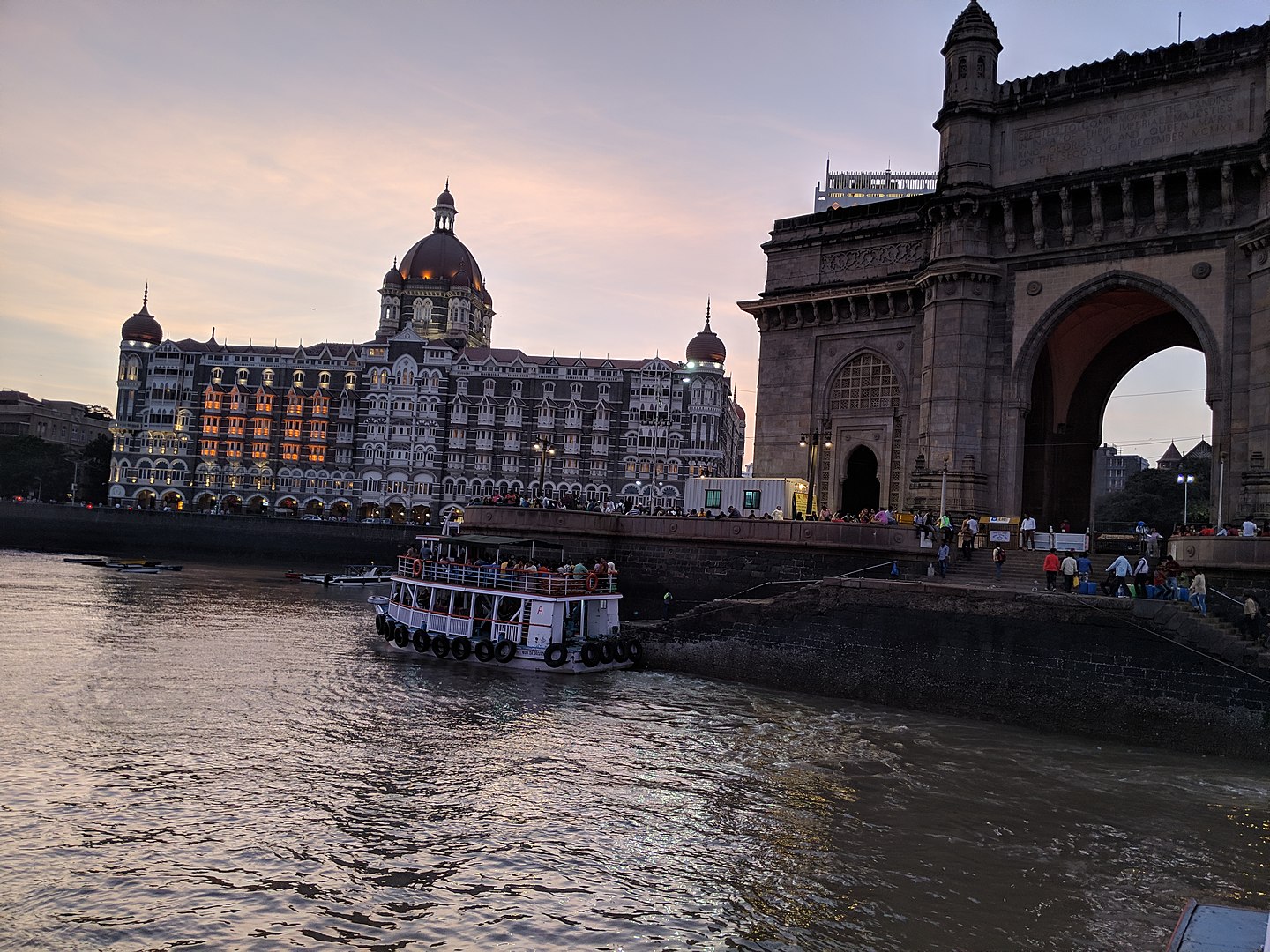Costwolds
The Cotswolds is a rural area of south-central England covering parts of 6 counties, notably Gloucestershire and Oxfordshire. Its rolling hills and grassland harbor thatched medieval villages, churches and stately homes built of distinctive local yellow limestone. The 102-mile Cotswold Way walking trail follows the Cotswold Edge escarpment from Bath in the south to Chipping Campden in the north.
Bath
Bath is the largest city in the county of Somerset, England, known for its Roman-built baths. In 2011, the population was 88,859. Bath is in the valley of the River Avon, 97 miles west of London and 11 miles south-east of Bristol. The city became a World Heritage site in 1987.
Cornwall
Cornwall is a county on England’s rugged southwestern tip. It forms a peninsula encompassing wild moorland and hundreds of sandy beaches, culminating at the promontory Land’s End. The south coast, dubbed the Cornish Riviera, is home to picturesque harbor villages such as Fowey and Falmouth. The north coast is lined with towering cliffs and seaside resorts like Newquay, known for surfing.
Jurassic Coast
The Jurassic Coast is a World Heritage Site on the English Channel coast of southern England. It stretches from Exmouth in East Devon to Studland Bay in Dorset, a distance of about 96 miles, and was inscribed on the World Heritage List in mid-December 2001. The name comes from the best known of the geological periods found within it, but in fact, the site includes rocks from the Triassic, Jurassic and Cretaceous periods.
York
Cambridge
Manchester
Manchester is a major city in the northwest of England with a rich industrial heritage. The Castlefield conservation area’s 18th-century canal system recalls the city’s days as a textile powerhouse, and visitors can trace this history at the interactive Museum of Science & Industry. The revitalized Salford Quays dockyards now house the Daniel Libeskind-designed Imperial War Museum North and The Lowry cultural center.
Nottingham
Nottingham is a city in central England’s Midlands region. It’s known for its role in the Robin Hood legend and for the hilltop Nottingham Castle Museum and Art Gallery, rebuilt many times since the medieval era. In the Lace Market area, once the center of the world’s lace industry, the Galleries of Justice Museum has crime-related exhibits. Wollaton Hall is an ornate Elizabethan mansion with gardens and a deer park.
Liverpool
Liverpool is a maritime city in northwest England, where the River Mersey meets the Irish Sea. A key trade and migration port from the 18th to the early 20th centuries, it’s also, famously, the hometown of The Beatles. Ferries cruise the waterfront, where the iconic mercantile buildings known as the “Three Graces” – Royal Liver Building, Cunard Building and Port of Liverpool Building – stand on the Pier Head.
Oxford
Oxford, a city in central southern England, revolves around its prestigious university, established in the 12th century. The architecture of its 38 colleges in the city’s medieval center led poet Matthew Arnold to nickname it the ‘City of Dreaming Spires’. University College and Magdalen College are off the High Street, which runs from Carfax Tower (with city views) to the Botanic Garden on the River Cherwell.
Brighton
Brighton is a seaside resort on the south coast of England that is part of the City of Brighton and Hove, located 47 miles south of London. Archaeological evidence of settlement in the area dates back to the Bronze Age, Roman and Anglo-Saxon periods.
Lake District
The Lake District, also known as the Lakes or Lakeland, is a mountainous region in North West England. A popular holiday destination, it is famous for its lakes, forests and mountains, and its associations with William Wordsworth and other Lake Poets and also with Beatrix Potter and John Ruskin.
Peak District National Park
Peak District National Park is in central England. Steep limestone valleys like Dovedale, with its famed stepping stones, and Lathkill Dale characterize the park’s southern area, which is known as White Peak. North, the Dark Peak area has dramatic gritstone ridges and stark moorland plateaus like Kinder Scout, the park’s highest point. The nearby village of Edale marks one end of the iconic Pennine Way footpath.

